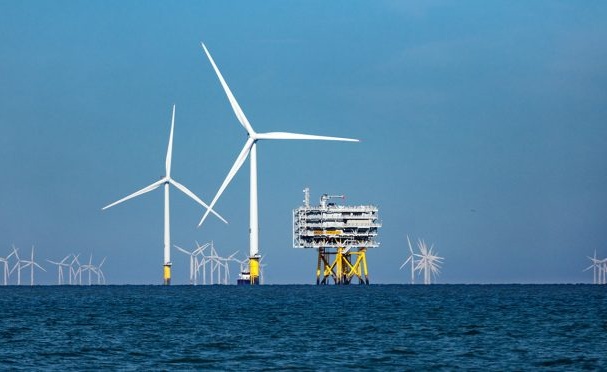August 27 NEC Energy News
¶ “Brazil Has 189 GW Of Offshore Wind Power In The Pipeline” • Brazil has 189 GW of offshore wind projects currently under license at Ibama. Power generation from offshore wind is a still unexplored market in the country, but companies expect it to develop rapidly once the regulatory framework is approved and the first auctions begin. [Evwind]

¶ “Technologies To Enhance The Power Grid Exist, We Just Need To Deploy Them” • The Inflation Reduction Act is pushing the US toward a clean energy future. Unfortunately, our existing transmission system limitations threaten to undermine the law’s clean energy potential. Thankfully, new technologies are poised to integrate more renewable capacity. [MSN]
¶ “State Of Texas Wins Ongoing Battle With The NRC” • Texas brought a suit against the NRC over a license it issued for nuclear waste storage. The court ruled, “The Atomic Energy Act does not confer on the Commission the broad authority it claims to issue licenses for private parties to store spent nuclear fuel away-from-the-reactor.” [Newswest 9]
¶ “The Indigenous Groups Fighting Against The Quest For ‘White Gold’” • “Our land is drying up and our water is polluted,” said a protester at a roadblock in the village of Purmamarca, high in the Andes. The village is in what has become known as the “lithium triangle,” a stretch of mountains that holds the world’s biggest reserves of lithium. [BBC]

¶ “Zika, Dengue Transmission Expected To Rise With Climate Change” • There were 1,016 deaths in Brazil due to dengue hit a record high in 2022, in four digits for the first time. The sobering number is expected to be even higher in 2023. Transmission of arboviruses could increase by 20% over the next 30 years due to climate change. [The Good Men Project]
¶ “Homeowners Are Having To Pay Higher Insurance Premiums; Here’s Why Climate Change Is To Be Blamed” • A report said around 17% of homeowners’ insurance policies in Louisiana were canceled last year, and over two-thirds of policies had higher costs compared to other states. In climate-vulnerable states, some insurers went bankrupt. [Market Realist]
For more news, please visit geoharvey – Daily News about Energy and Climate Change.
